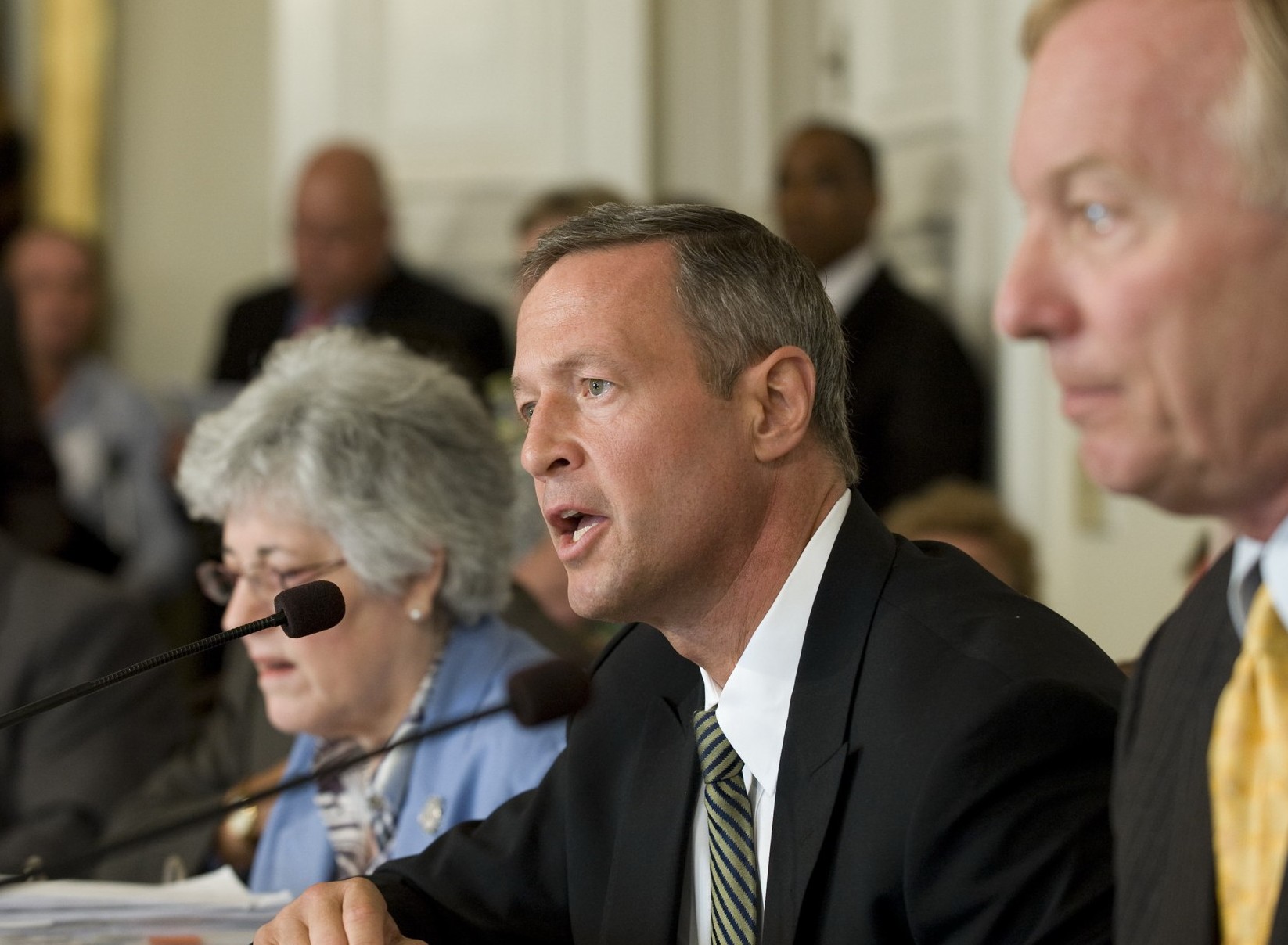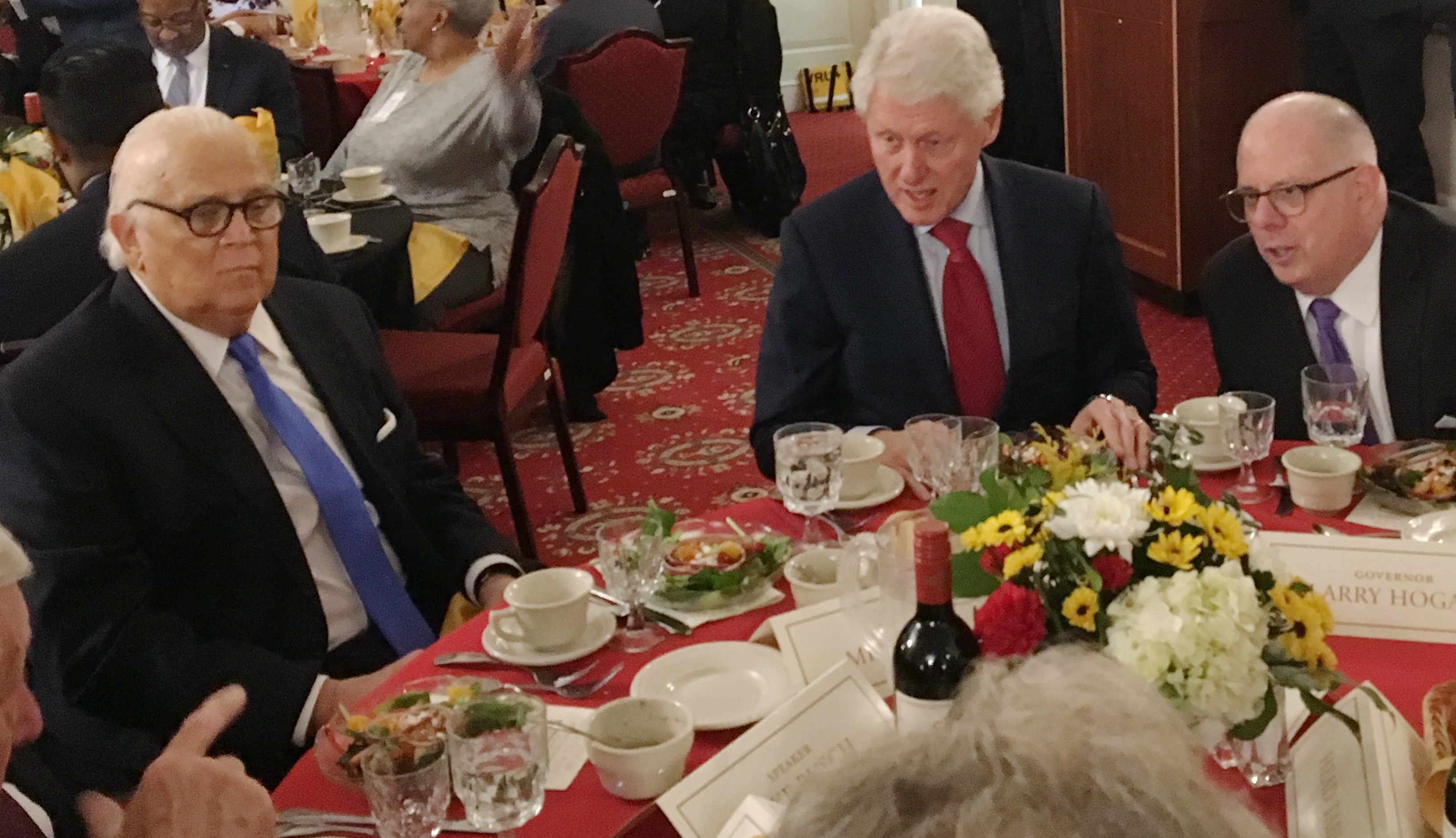Nick DiMarco
Nick@MarylandReporter.com
The legislative session was a productive one for labor organizations, which won victories for teachers, child care providers and retail workers, closing the books on several issues debated for years.
This week, Gov. Martin O’Malley signed bills into law that will give new workplace rights to employees in many industries. Business groups fought to scale back or kill many of the union measures, arguing that labor was reaching too far into the workplace.
A bill to establish collective bargaining units for Maryland Transportation Authority police, as well as one that would provide teachers a labor relations panel to handle negotiations, was among the key labor issues this session. Unions also pushed and won on legislation dealing with unemployment insurance, overtime wages and suits between employees and employers.
A bill mandating that retail employees receive a 15 minute shift break after four consecutive hours of work became controversial as well.
“It was a tough year for everyone, but … given the restraints we were operating under, I feel fairly good about the kind of year labor had,” said Mark McLaurin, political director for Service Employees International Union Local 500.
McLaurin’s organization lobbied for collective bargaining rights for child care providers, which he said was the union’s “centerpiece” legislation. McLaurin said it was a big sigh of relief to see the bill pass after five years of attempts in Annapolis.
Kathleen Snyder, president and CEO of the Maryland Chamber of Commerce, said she has seen workplace regulation bills increasing in the past couple of years, and fears they will continue to grow in the future.
The shift break bill signified a larger issue for the legislature, she said.
“We’re concerned that the unions will try to expand that to all of the workplace,” Snyder said. “One size does not fit all in these workplace regulation bills.”
She credited union success partly to lawmakers attempting to sway votes in an election year. Because of a tight budget, legislators couldn’t create new programs for their constituents, Snyder said, so supporting union causes allows them reach larger audiences.
Sen. Jim Rosapepe, D-Prince George’s and Anne Arundel, sponsored several bills relating to union activity because he said he believes that they are “just fair.”
“The labor movement helps make America middle class. There are a lot of countries in the world that have great variation, a hand full of very wealthy people at the top and a lot of poor people at the bottom,” he said. “We traditionally haven’t had that in the United States and I think that’s largely because people have had a right to stand up for themselves and work together in unions.”
Ellen Valentino, Maryland director of the National Federation of Independent Business, said she also saw evidence of unions attempting to exert a greater influence in the workplace.
Her prime example was a bill that would require construction projects that receive more than $250,000 from the state to be staffed entirely with union members. She said “thankfully” the bill died in committee.
“We’ve never seen anything like it and it’s clearly where the future is going,” Valentino said. “They had a very good run. They had their eyes on targets and they hit those targets for their members. We’ve seen, what I think, is the preview of the next frontier.”
On the other hand, McLaurin said he was all too familiar with the conflicting ideologies between labor and business. He said every year business interests use the same arguments against union legislation, and he believes that harms their credibility.
“Beware of the slippery-slope argument. Legislation ought to be judged on its merits,” he said. “They perennially position themselves in this crouched and defensive posture which is ridiculous given their successes in the General Assembly.”






Recent Comments